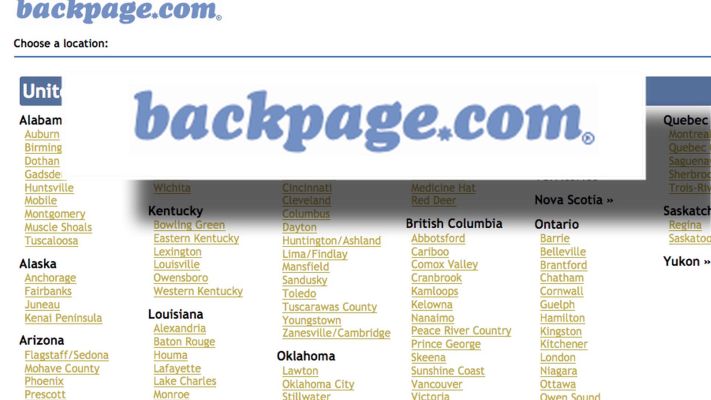The Communications Decency Act provided immunity to Google in a suit brought against it by the family of an American college student killed in the November 2015 attack.
Plaintiffs filed suit against Google (as operator of YouTube) alleging violation of federal laws that prohibit providing material support to terrorists, arising from the November 2015 Paris attack that ISIS carried out. Plaintiffs argued that the YouTube platform, among other things, aided in recruitment and provided ISIS the means to distribute messages about its activities.
Google moved to dismiss the lawsuit, arguing that Section 230 of the Communications Decency Act (47 U.S.C. 230) provided immunity from suit. The court granted the motion to dismiss.
Section 230 Generally
Section 230(c) provides that “[n]o provider or user of an interactive computer service shall be treated as the publisher or speaker of any information provided by another information content provider.” Accordingly, Section 230 precludes liability that treats a website as the publisher or speaker of information users provide on the website, protecting websites from liability for material posted on the website by someone else.
JASTA Did Not Repeal Section 230 Immunity
In response to Google’s arguments in favor of Section 230 immunity, plaintiffs first argued that a recent federal statute – the Justice Against Sponsors of Terrorism Act, or “JASTA” – effectively repealed the immunity conferred to interactive computer services by Section 230. Plaintiffs focused on language in the statute that stated that its purpose “is to provide civil litigants with the broadest possible basis, consistent with the Constitution of the United States, to seek relief” against terrorists and those who assist them.
The court rejected plaintiffs’ arguments that JASTA repealed Section 230 immunity. Significantly, the statute did not expressly repeal Section 230’s protections, nor did it do so implicitly by evincing any “clear and manifest” congressional intent to repeal any part of the Communications Decency Act.
Section 230 Need Not Be Applied Outside the United States
Plaintiffs also argued that Section 230 immunity did not arise because the Communications Decency Act should not apply outside the territorial jurisdiction of the United States. According to plaintiffs, Google provided support and resources to ISIS outside the United States (in Europe and the Middle East), ISIS’s use of Google’s resources was outside the United States, and the Paris attacks and plaintiffs’ relative’s death took place outside the United States.
The court rejected this argument, holding that Section 230’s focus is on limiting liability. The application of the statute to achieve that objective must occur where the immunity is needed, namely, at the place of litigation. Since the potential for liability, and the application of immunity was occurring in the United States, there was no need to apply Section 230 “extraterritorially”.
Immunity Protected Google
Google argued that plaintiffs’ claims sought to treat it as the publisher or speaker of the offending ISIS content, thus satisfying one of the requirements for Section 230 immunity. Plaintiffs countered that their lawsuit did not depend on the characterization of Google as the publisher or speaker of ISIS’s content, because their claims focused on Google’s violations of the federal criminal statutes that bar the provision of material support to terrorists.
But the court found that the conduct Google was accused of — among other things, failing to ensure that ISIS members who had been kicked off could not re-establish accounts — fit within the traditional editorial functions of a website operator. Accordingly, despite the plaintiffs’ characterization of its claims, the court found such claims to be an attempt to treat Google as the publisher or speaker of the ISIS videos.
The court similarly rejected plaintiffs’ arguments that Section 230 immunity should not apply because, by appending advertisements to some of the ISIS videos, Google became an “information content provider” itself, and thus responsible for the videos. This argument failed primarily because the content of the advertisements (which themselves were provided by third parties) did not contribute to the unlawfulness of the content of the videos.
Gonzalez v. Google, Inc., — F.Supp.3d —, 2017 WL 4773366 (N.D. Cal., October 23, 2017)
 About the Author: Evan Brown is a Chicago technology and intellectual property attorney. Call Evan at (630) 362-7237, send email to ebrown [at] internetcases.com, or follow him on Twitter @internetcases. Read Evan’s other blog, UDRP Tracker, for information about domain name disputes.
About the Author: Evan Brown is a Chicago technology and intellectual property attorney. Call Evan at (630) 362-7237, send email to ebrown [at] internetcases.com, or follow him on Twitter @internetcases. Read Evan’s other blog, UDRP Tracker, for information about domain name disputes.


